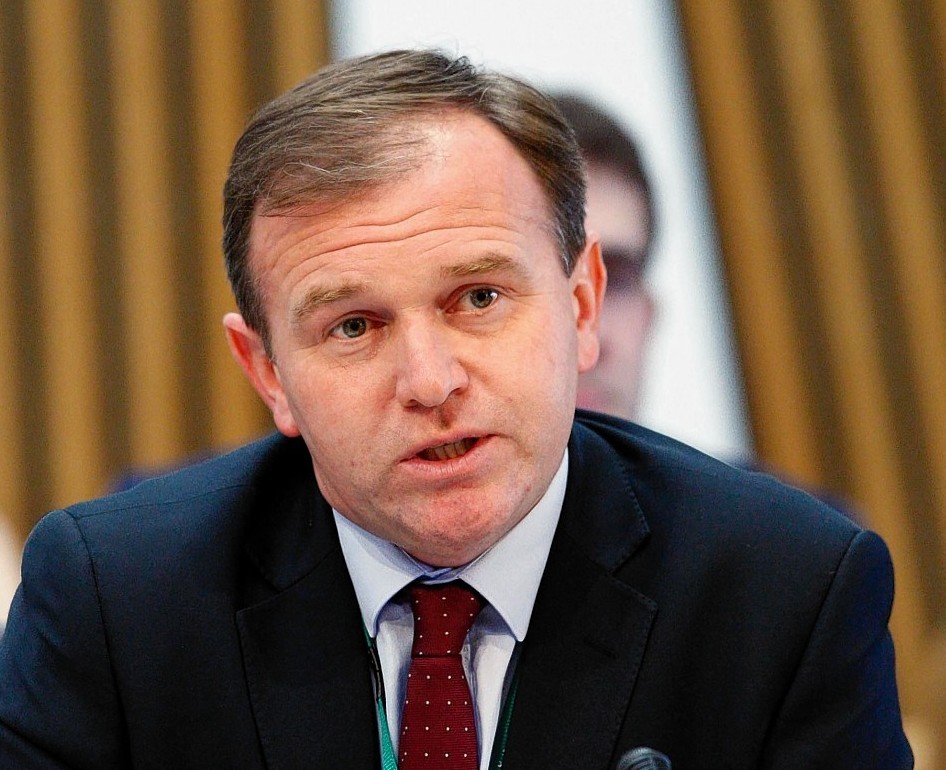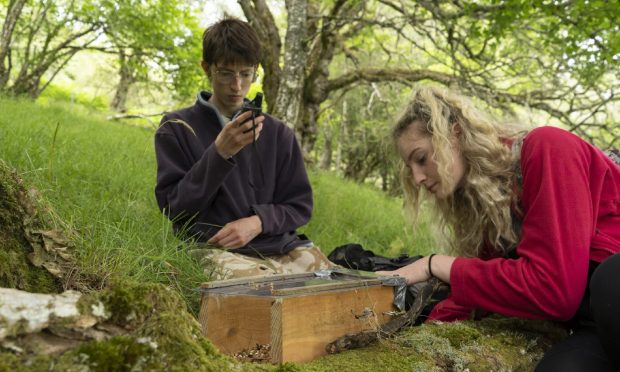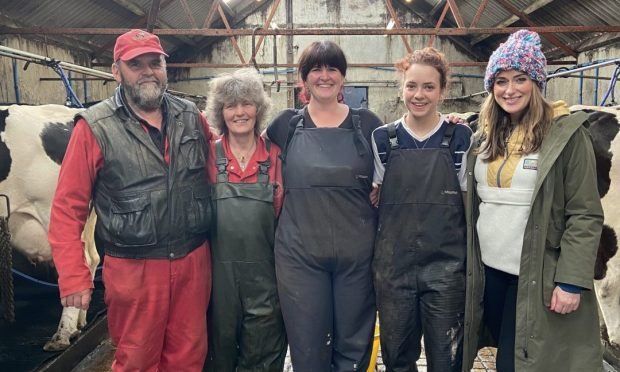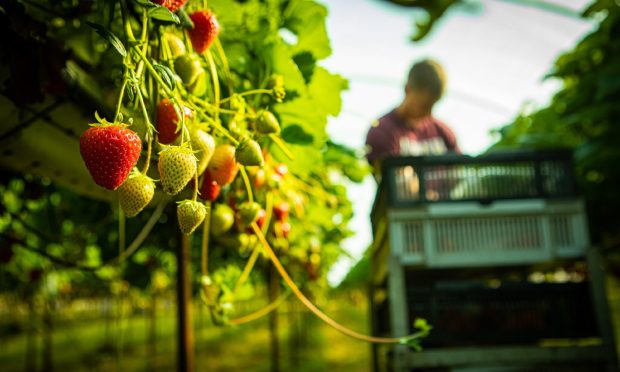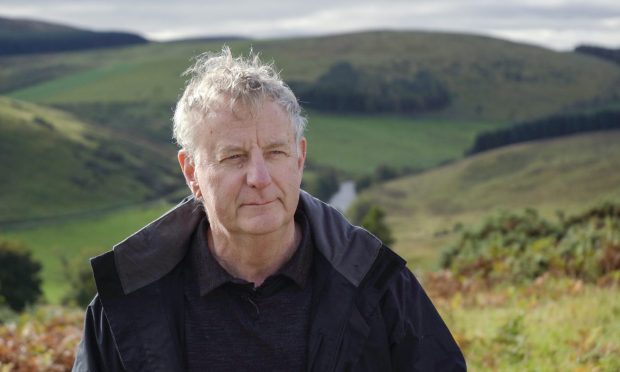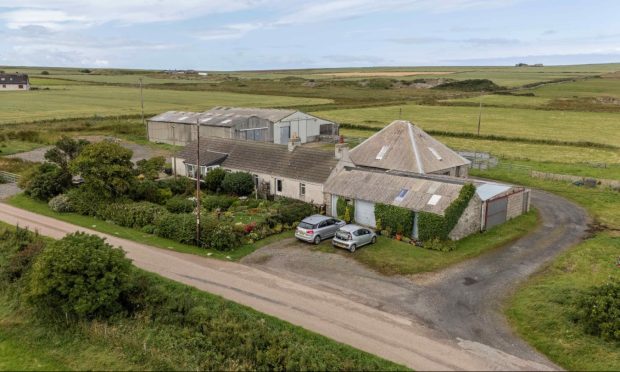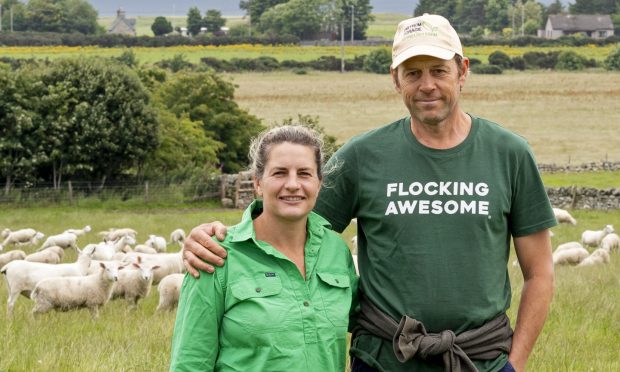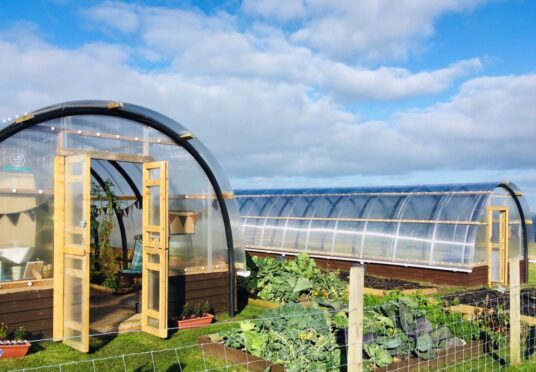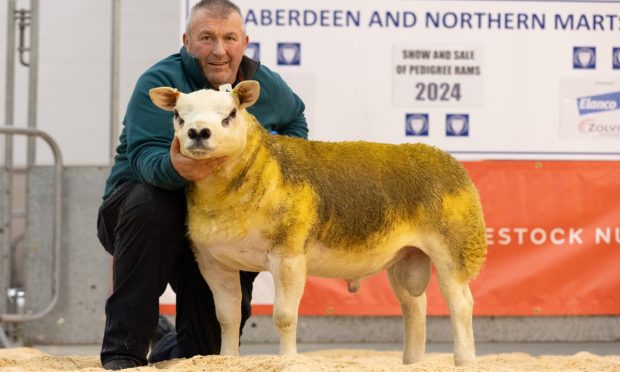Defra minister George Eustice has pledged continued financial support for farmers in the event of Britain leaving the EU.
Mr Eustice made the pledge at the launch of Farmers for Britain – a campaign led by farmers who want the UK to break away from the European Union.
“Let’s get one thing straight. The UK Government will continue to give farmers and the environment as much support – or perhaps even more – as they get now,” said Mr Eustice.
“The Prime Minister has made that clear and I agree with him. After all, non-EU countries like Switzerland and Norway actually give more support to their farmers than we do.”
He said the amount of money spent on the countryside and wildlife was “very modest” in the grand scheme of things and if Britain was to go it alone the money could be spent more effectively.
In a rallying call to members of the UK agricultural community, Mr Eustice said a vote to leave the EU at the referendum on June 23 would protect farmers’ subsidies, and perhaps even increase them, as well as reducing regulation for farmers.
He said by leaving the EU, the UK Government would be able to decide its own rural policy and better target its money on environmental protection conservation and flood defences.
Mr Eustice said EU membership resulted in a “growing volume of pointless paperwork and spirit crushing regulation affecting farming” with around 80% of the legislation affecting Defra coming directly from the EU.
He said he had written to UK farming unions and environmental organisations asking for their views on what a future farming policy outside of the EU should look like, before outlining the four key themes he thought a future UK agricultural policy should be based on.
These are: more investment in science and technology; the potential introduction of government-back insurance schemes to help farmers combat weather and price volatility; an overhaul of cross compliance rules and the annual application process to create a new farm area payment system where producers are paid to deliver “environmentally sensitive farming”: and simplified environmental schemes to promote improved wildlife habitats and higher animal welfare standards.
“If we vote to leave and take control there would be no such thing as EU law,” said Mr Eustice.
“There would be no more EU auditors telling us what to do. Ministers and their civil servants would be free to start thinking policy ideas through from first principles. We could pilot new ways of doing things and we could actually deliver the change British farming craves. I believe that if this country votes to leave, then in five years’ time the only question people will ask themselves is why we didn’t do it sooner.”
